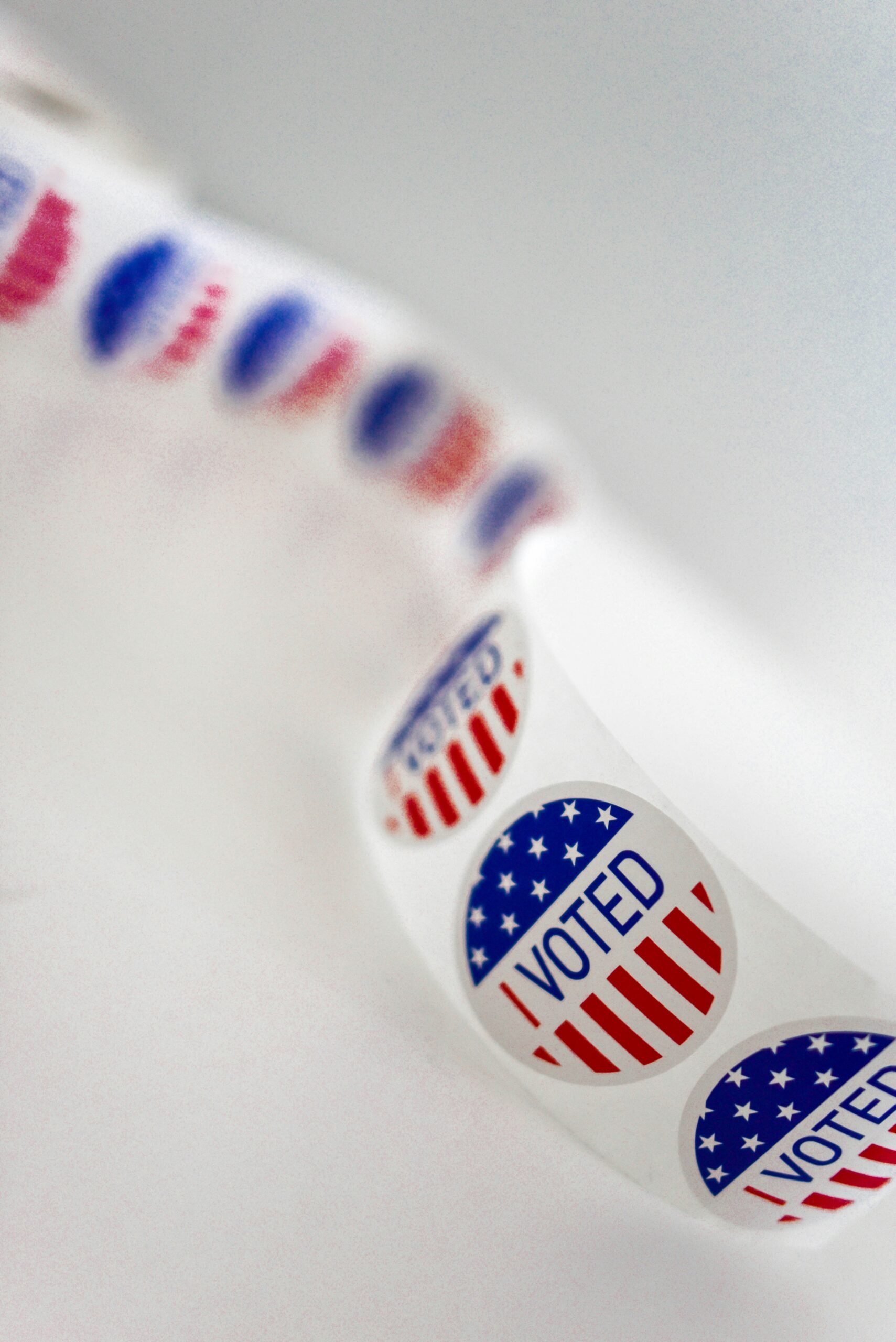Introduction to Elon Musk’s Proposal
In a recent discussion, entrepreneur Elon Musk suggested that the Internal Revenue Service (IRS) should undergo an audit by the Department of Government Efficiency (DOGE). This statement has raised eyebrows and sparked conversations on the effectiveness of federal agencies and their operations.
The Rationale Behind the Audit
Musk believes that examining the IRS could lead to improvements in efficiency, transparency, and accountability. With the increasing complexity of tax regulations, an independent audit may reveal areas where the agency can optimize its processes, reduce inefficiencies, and enhance taxpayer services. By enlisting DOGE for this task, Musk is advocating for a more streamlined approach, potentially resulting in the betterment of the overall system.
More informationConservatism vs. Liberalism: Key Ideological Differences and BeliefsImplications for Taxpayers
If Musk’s proposal gains traction, the implications could be significant for American taxpayers. A more efficient IRS may translate into quicker responses to queries, reduced processing times for tax returns, and more accessible information about tax obligations. As taxpayers navigate the intricacies of tax laws, the potential for improved IRS operations is a topic that could affect millions positively.
While there are many opinions on Musk’s approach, one thing is clear: the conversation about government efficiency is more relevant than ever. Whether or not the IRS will be audited remains to be seen, but the proposal certainly instigates important discussions surrounding accountability and efficiency within government agencies.
- Weighing China Tech Curbs, Startup Stock Exchange, More
- FTC Investigates Microsoft, Australian Social Ban, More
- Norway’s DNB Would Like More SRTs After Debut Deal With EIB
- France’s Political and Budget Drama Spooks Investors
- Putin Vows Russia Response If Ukraine Uses More US Missiles
- London should take a chance on Shein’s fast-fashion IPO
- Europe’s fear of the outsider
- Russia uses cluster munitions to take out Ukraine’s power
- Net migration to the UK hit record 900,000 in 2023
- French bond yields surpass Greece’s amid budget concerns
- New Universal Theme Park Featuring Mario And Harry Potter Opens In May—Here’s What We Know
- 13 Best Flower Delivery Services To Show Your Love From Miles Away
- What We Know About The Nicki Minaj-Megan Thee Stallion Feud—From ‘Hiss’ To ‘Big Foot’
- Taylor Swift At The Super Bowl: The Conspiracy Theory, Explained
- Crypto Is Suddenly Braced For A Huge China Earthquake After Bitcoin, Ethereum, XRP And Solana Price Surge
